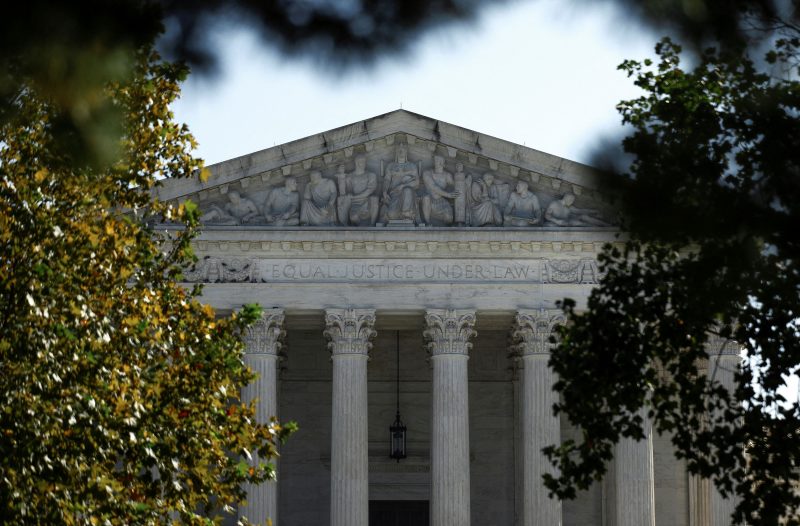The highly charged topic of public officials blocking social media critics came to a head this week as the Supreme Court heard arguments to decide if such an action violates the First Amendment rights of the critics.
This case began with plaintiff Philip Johnson, a resident of Knightstown, Indiana, who was blocked from posting on the town council’s Facebook page after he criticized and challenged a council member over an issue involving a cross symbol in the town square. Johnson filed a lawsuit against Brian Burton, the Knightstown council president, alleging his constitutional rights had been violated by Burton’s decision to block Johnson from the page and deprive him of the opportunity to speak out online.
The town filed a motion to dismiss the case, arguing Johnson’s First Amendment rights had not been impacted because the town council’s Facebook page was not a public forum and Johnson was not precluded from engaging in public discourse on the issue. The court disagreed and allowed the case to proceed, leading to a hearing before the Supreme Court to decide whether public officials may block critics on social media and if such an act would be considered a violation of the First Amendment.
Experts have argued that current case law supports the idea that social media pages used to communicate with constituents are public forums, and therefore blocking someone based on their viewpoint could be considered a First Amendment violation. However, during the hearing, justices raised concerns about how the ruling could affect the ability of officials to control their forums, while also acknowledging the importance of citizens’ rights to engage in public discourse.
This case has been closely watched by social media users nationwide, and an opinion from the court is expected to provide clarity on the legality of social media blocking in the future. No matter what the court decides, it is likely to have a wide-reaching impact on civil rights and the ability to speak freely on social media.
